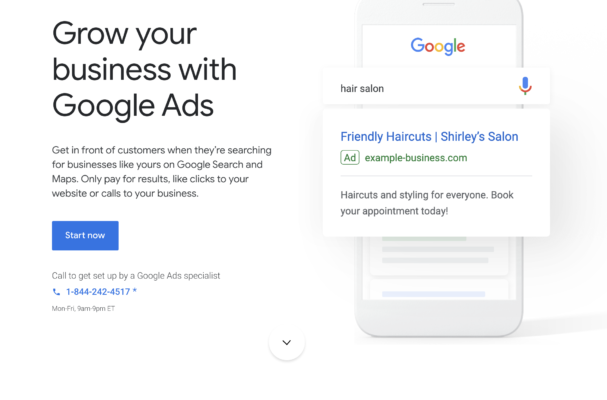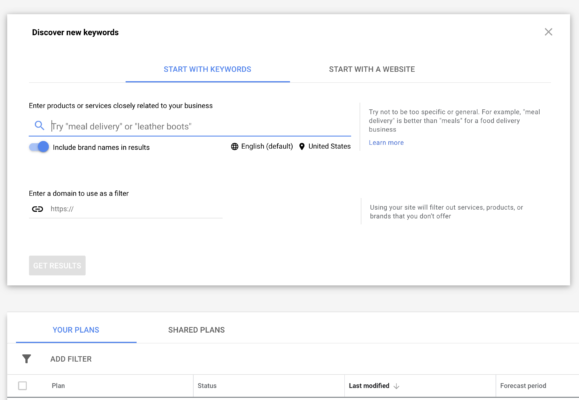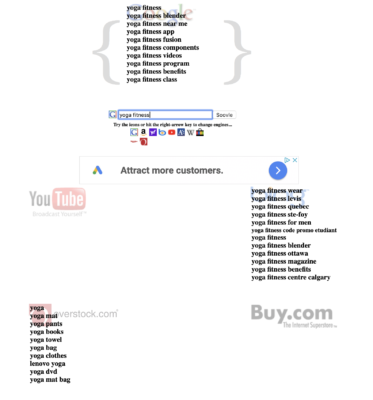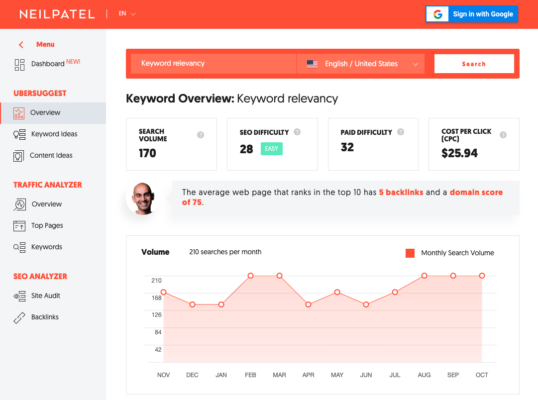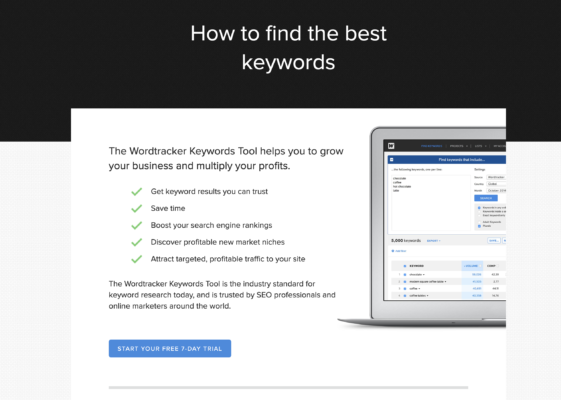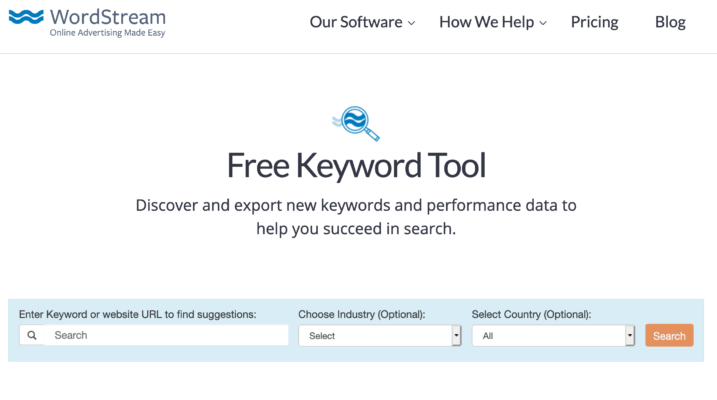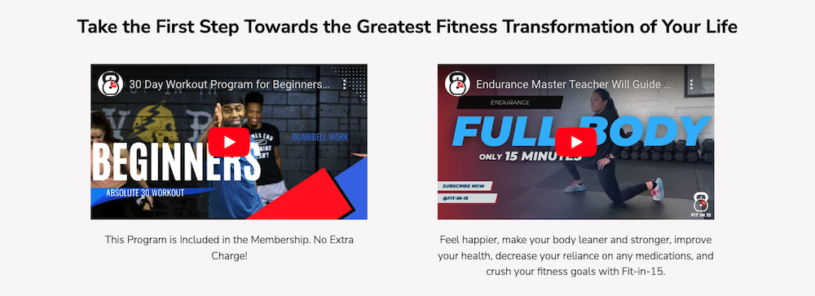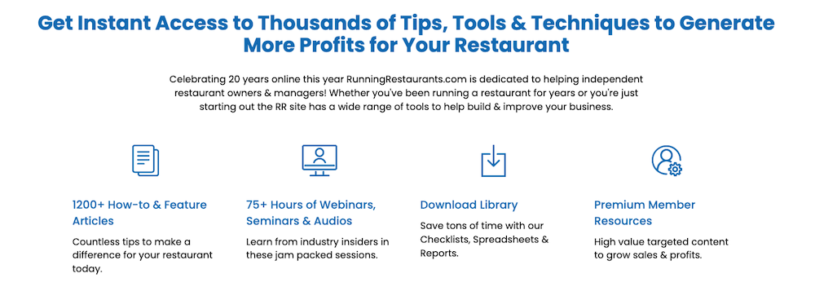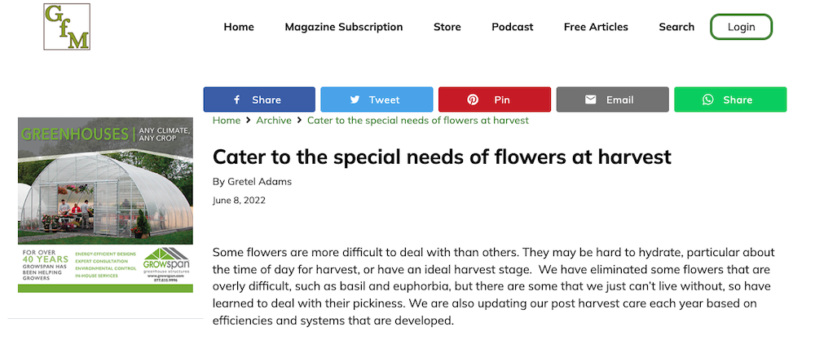
The generally accepted definition of SEO is “things you do on your website to encourage high rankings in search listings.”
That’s definitely part of it, but not all of it.
Your website cannot provide you with all the SEO you need. The truth is Google looks at hundreds of parameters related to your website and your online presence in order to decide where you should be ranked for the keywords you want your audience to search. And every one of those parameters counts for something. Each one you “score” on inches you closer and closer to the top of the search listings.
So how do we effectively play this SEO game while still keep on our "white hats"? It's actually not difficult, especially if you always keep in mind that every little bit helps - each one of your SEO efforts, large or small, help incrementally when it comes to pushing your business up in the search listings.
Here are 5 strategies that can definitely get you scoring some points with Google in the search listings:
SEO Strategy #1
Start with your website.
Your site is the centrepiece of your online marketing strategy so it makes sense to pull out all the stops when it comes to SEO. Just remember that the website is a starting point, and you'll want to embrace the other strategies as well to really make a difference in your rankings. There are plenty of other ways to tweak your site for SEO, but these 6 will get you started.
1. Meta Titles.
Google actually puts a fair amount of weight on this, so make sure you have your keywords at the beginning of this tag in the admin area of your website. In your SubHub editor, you can add meta titles to articles right on the Edit page.
2. Meta Description.
Google doesn’t actually crawl this one, so it’s not important, right? Wrong. An appealing meta description written with your audience in mind will elicit more clicks when your listing comes up, in turn increasing your popularity, which Google is very interested in.
3. Image optimization.
Be sure to name your images with names that both describe the image and include keywords. Google can’t “see” a picture but can read meta data associated with it.
4. Use keywords toward the beginning of the body of your article, and in the title.
Use tags on headings with keywords included. Please those tags in the source code editor or click Heading1 in your SubHub editor. Be careful, don’t keyword stuff!
5. Have a blog on your website.
Change or add to the content regularly.
6.Get a Google Console account for your website.
Whenever you make a change to your site, reindex it with Google.
SEO Strategy #2
Citations, citations, citations!
What are citations? Those are online references to your business’s name, address, phone number, postal code and/or web address. They are especially significant for local businesses but online businesses need them too.
Citations can be found on website directories like the yellow pages, manta.com, localeze, alilgnable, Yelp, your local chamber of commerce website and more. Here is some good information about where to submit your information for citations.
Note that a Google Business Page is the #1 recommended place for citations. And it makes sense since it’s google’s attention we are after!
Be sure to write your business name, address and phone number in exactly the same format for all your citation submissions. Google could easily see My Great Business Ltd. as a different entity than My Great Business Limited!
SEO Strategy #3
Reviews, reviews, reviews!
Speaking of Google Business pages, try to get reviews on this page too. This tells Google that your business is getting a lot of attention and must be an authority ini your space. Reviews on any other trusted review sites are also welcome as this builds your authority in Google’s eyes.
Asking your clients to provide you with a review or testimonial may seem daunting at first, but once you’ve done it once or twice, it will come easy! You might be surprised at how willing happy customers are to give you a shout-out, given the chance.
SEO Strategy #4
Social media.
That means you should have your own accounts, and also be interacting with others on theirs. Offering advice or assistance (not sales) on social media can help you be perceived as an expert in your field. That can lead to recommendations, referrals and ultimately more reviews, which Google loves, and translates to better SEO.
SEO Strategy #5
Be patient.
If baseball is a game of inches, SEO is a game of millimetres. Every little thing you do helps incrementally. And Google isn’t the fastest at noting everything you’re doing and reflecting it in your rankings. To get consistently high rankings (or even high-ish), is a longterm endeavour. It requires regular tweaking, posting and indexing. And that doesn’t account for the occasional curve ball Google likes to throw by changing up their algorithms.
But don’t be discouraged. With persistence and patience, you will find your website rising in the search listings for your chosen keywords. And that could boost your business growth by a lot more than millimetres. You might even hit a home run.
Don't have a SubHub website yet?
More SEO Best Practices:






